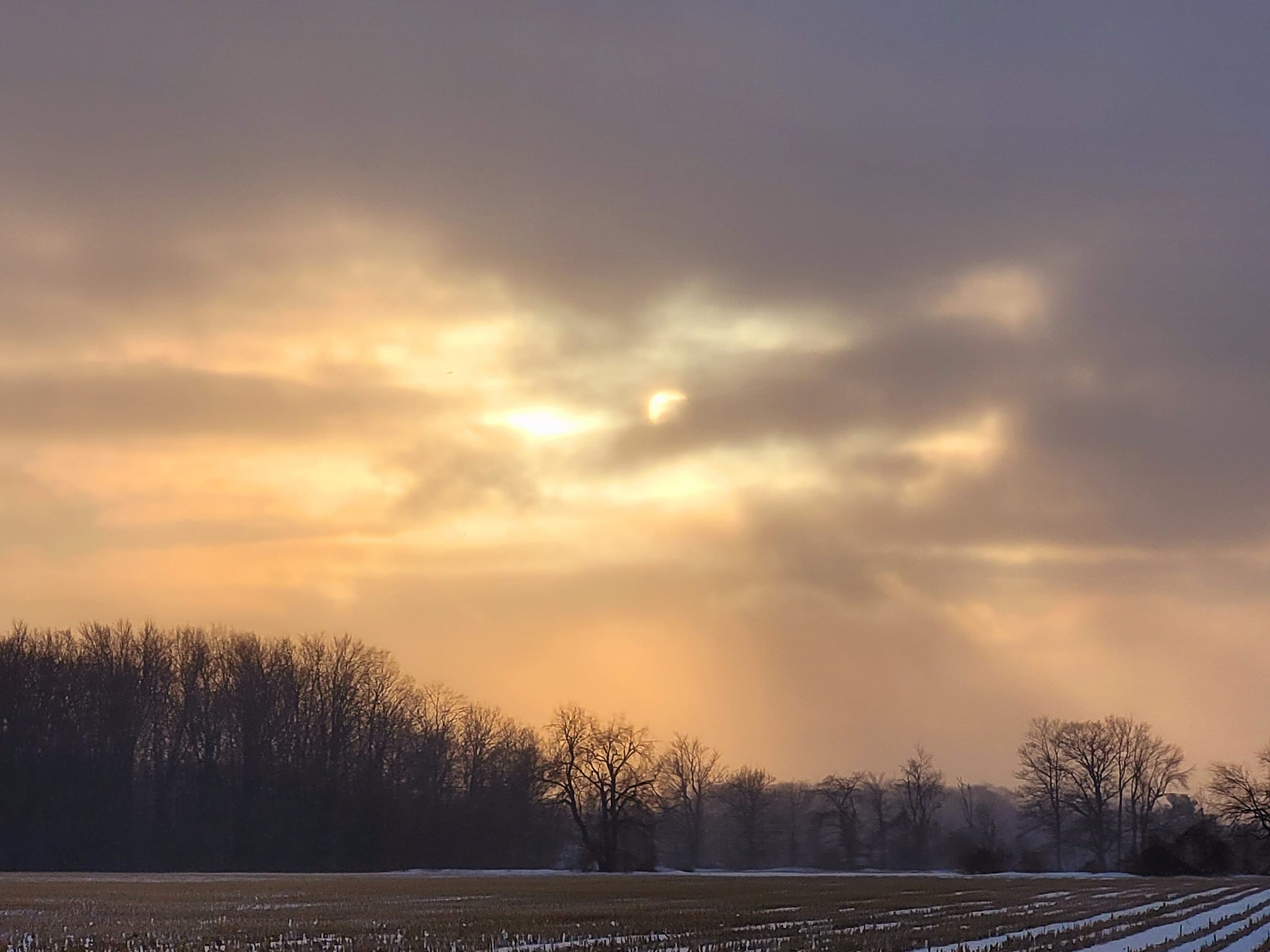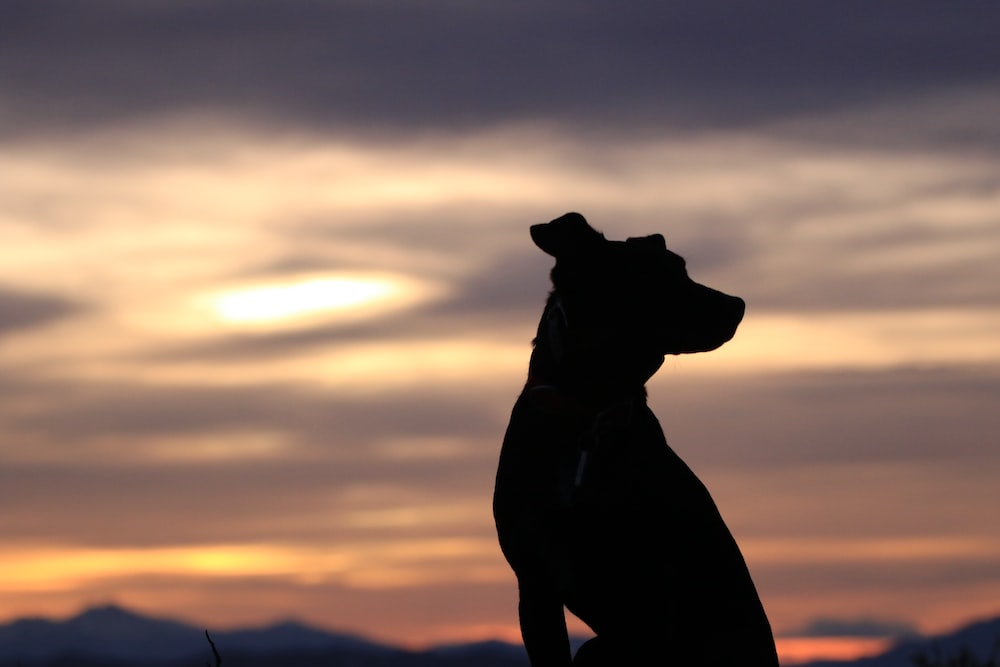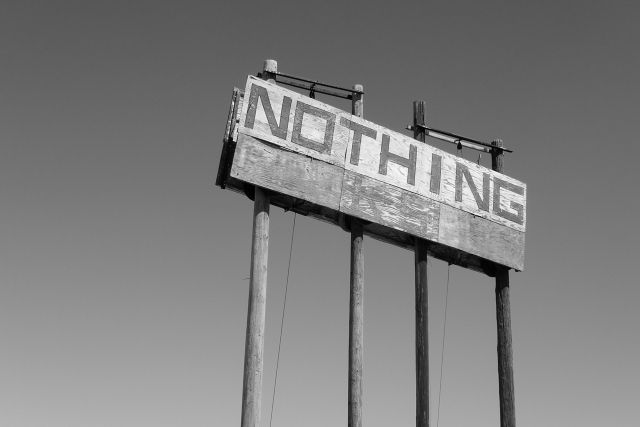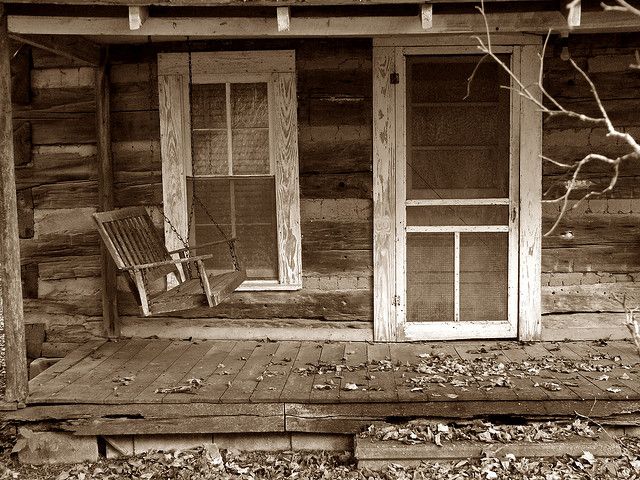Calliope
 David Antrobus Posted on
David Antrobus Posted on  Saturday, August 5, 2023 at 8:58PM
Saturday, August 5, 2023 at 8:58PM 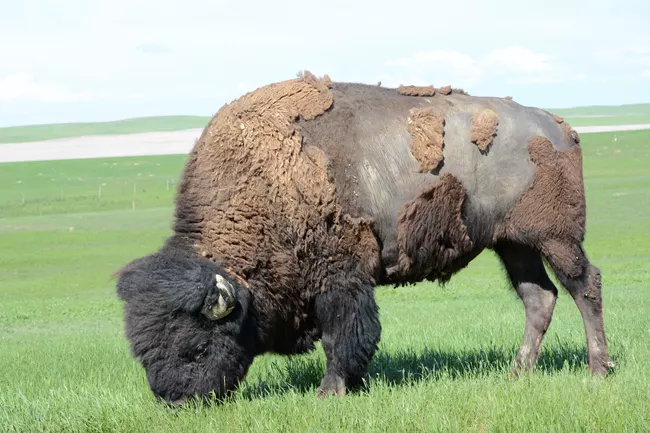 Winter
Winter
Where we began was when so much ended. Luck played its part for us, such a scatterment up north when the bad thing happened most everyplace else. Three of us first, another boy and a girl, both gone now, so no need to return names the world took from them for good.
We met the bard John Hefford, and he would chant, “This is airless, and we are careless, adrift upon a tundra. Mountains loom then soon recede. Sieveloads of snow sift and settle on everything.” Like he saw how words could magic the world into being. Or out of it.
Spring
When it felt right, we made our way south to meet the approaching spring, neither of us in any special hurry. Turned out it was one of them seasons; the greens furtive and greyish, skies hiding their shame in anonymity.
I was a mere boy, wide of eye and stupid. But lucky is all.
Summer
Lucky in all the ways. Meghan was my first and last. We met without an iota of suspicion and laughed because of it. She smelled naturally of nutmeg, a “fortuitous confluence of terminology” that always made John Hefford laugh. That was how he talked: “fortuitous confluence of terminology.” I coulda listened to him say such things till the sun burned itself out. Which I half believed would happen tomorrow or at least real soon.
When John slept, Meghan and I would dance like colts under the warm and endless blue, breathing each other and the wild honeyed-tea fragrance of sweetgrass, breath of the prairie, breath of the quiet, quiet world.
Fall
John shaped me with poetry, teaching me the melodies and the chords of life, relating harmony and rhythm alongside the rhyme of a river with a stand of golden aspen, the late glissando wisps of mare’s tails sweeping the last light of a tired sun.
The day we met the buffalo, a hunched and half benign monster from an old picture book, we knew we might be saved. For another turn of the world, anyway.
Meghan laughed with joy while I practiced my indulgent balladry under the beast’s guarded stare. Front-loaded fist of gristle and bone, appleseed eyes, bunched ursine shoulders, its back an atlas, tectonic patchwork in relief. Great head hung low and heavy as a dull bell swung from a busted chapel. Horns like crescent moons. Baritone snorts blowing sandspouts in the dust. Only a mite less ready for his sacrifice than us, his sacred and shivering executioners.
Now and then. Echo and rhyme.
Under cold starlight, fed and slaked, we praised his unknown name.
Tatanka.
Winter
Clad in furs, we wandered west to the sea, cyclic in our itinerancy, and lost on the way a kindly and maddened John Hefford to the high and frozen crags. First time I saw Meghan cry. First time I cried since the bad thing. Maybe even since I was small.
Started to see dead settlements and dry old bodies, but the far surf called us westward beyond the places men and women once gathered, beyond the crumbling highways and rusting railroads and once-fertile valleys. Beyond mineshafts and quarries and clearcut hillsides. Beyond the scarification of the land. Out to the western seas and coastlines smudged by mist.
Others were there first—Athena, Blaise, Billy T, Klootch—but they were goodhearted and took us in while the seasons returned at least three more times, we soon lost track.
Another Spring
We were improbable, Meghan and I, entwined with languid ease beside hot spark beachfires, under the spilled milk of impossible stars. A low distant report, more feel in the shift of the sand than sound, might have alerted us, but we were happy in ways not even wordsmiths can express. Only when the hiss of the surf drew back like an intook breath did we get to our feet. And the world blinked. And echoed the tale of its past, the long cascading narrative of gentle lands atop dark clandestine fury.
John Hefford had taught me another word, I recalled then. Tsunami.
The world’s music ain’t always melodic—it can be sly and harsh and artless with dissonance—but it does know its rhythms by heart.
I clasped Meghan’s spidery hands, painful in their pulse of warmth, and we watched the dark regrouping ocean. Beside ourselves in every sense.
Like all things that must die when life is at its unexpected best, we’d been tricked.
Like words, luck lasts till it don’t.
The waves came in quietly and everywhere like a wolfpack.






